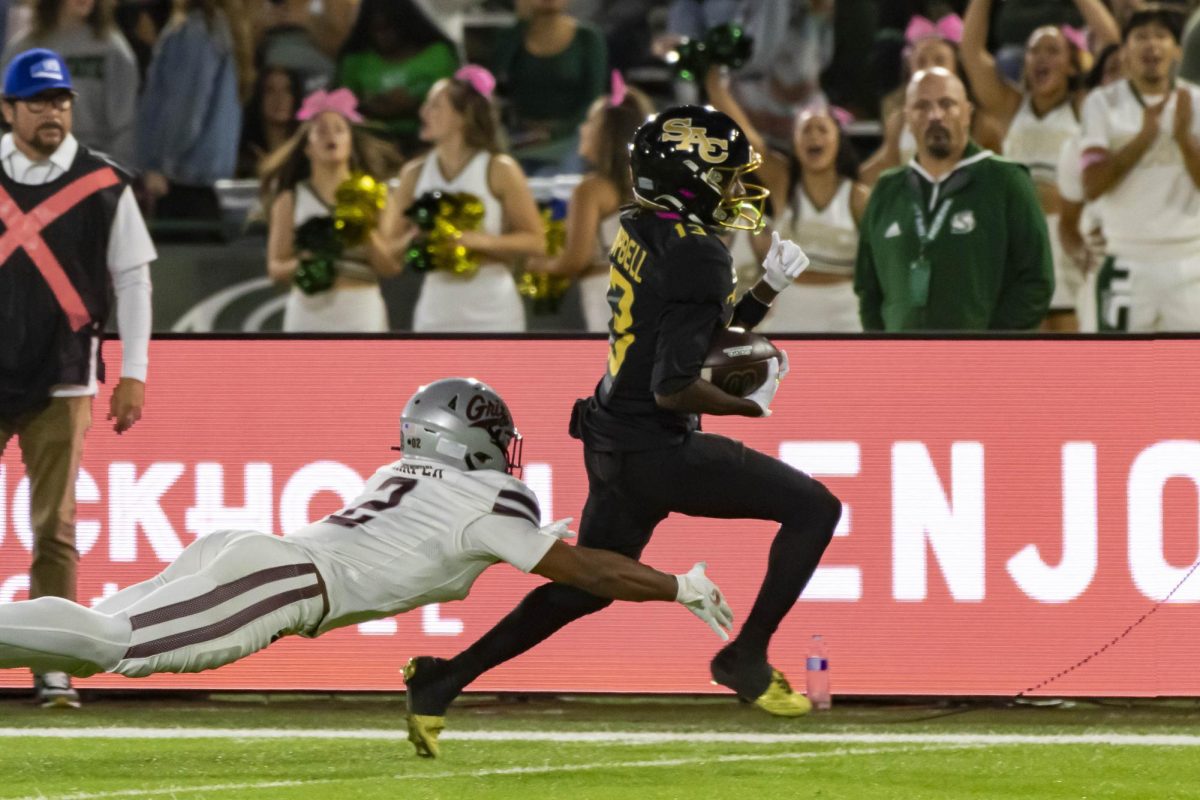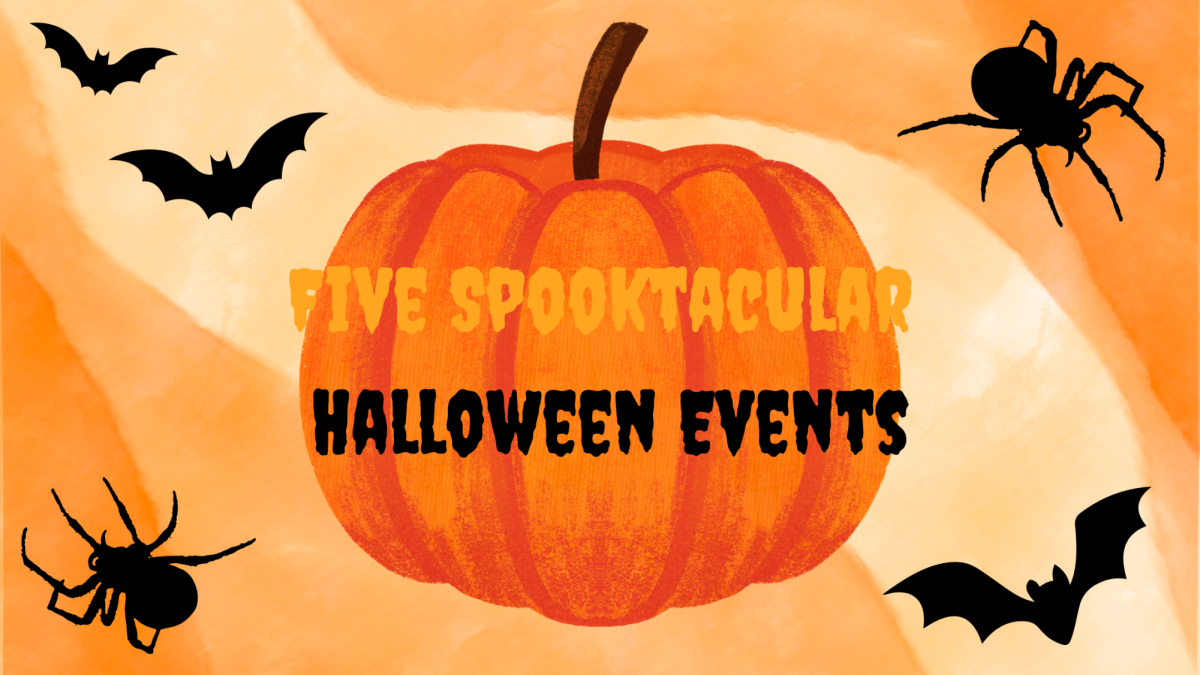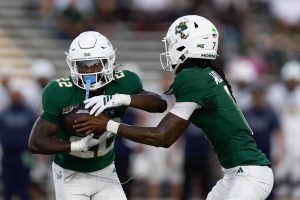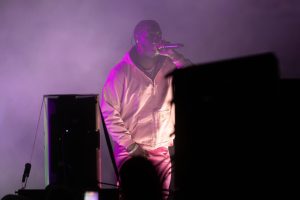Learn how we speak through our bodies more than our mouths.
December 10, 2009
Rolling of the eyes or a shake of a leg can say more about a person than his or her words. Body language and facial expressions are subconscious movements we constantly make that let others know how a person is truly feeling.
For seniors graduating this semester or in the spring, Kim Roberts, psychology lecturer, said mirroring the potential employer’s body language is helpful during an interview.
“If your employer talks with their hands, you might want to do the same, mirror his or her body movements,” Roberts said. “If you’re monotone, you might want to change that.”
Roberts said mirroring the employer’s actions tells him or her, “Hey, I’m like you,” which makes a candidate more personable and memorable in the employer’s eyes. She said it is important to build that relationship right away.
Roberts also said little fidgety movements people unknowingly do should be kept at a minimum during interviews, such as playing with hair or touching the face.
“You need to have your body open. Don’t fold your hands across your chest. You want your hands in your lap or by your sides – you want to come across as friendly and open,” Roberts said. “Things like touching your hair or picking at your face during an interview, you may not be aware of things like that, but they can actually be distracting.”
Christine Miller, communication studies professor, said being attentive is important during interviews.
“It is important to convey confidence, but not over-aggression,” Miller said. “Things like sitting up straight in your chair, don’t slouch, look the employer in the eyes as much as possible, and to not be distracted by other things going on around you.”
Miller said when people speak, roughly 70 percent of their message is judged by nonverbal communication, while the other 30 percent is judged by verbal communication.
Miller said the reason for this can be answered with the old saying, “actions speak louder than words.”
Smith said when someone speaks, the other person is mostly seeing the way the message is being conveyed.
“If you say you’re happy and in a good mood but your body doesn’t mirror that mood, people don’t believe what you’ve said,” Smith said.
Smith said it is possible that we as humans judge people too critically and that is why we tend to believe body language more that actual words.
“We typically listen to, very loudly, and believe what we see happening non-verbally more so than when we hear the words being conveyed,” Smith said. “So I think a lot of assumptions are made, correctly and sometimes incorrectly when we watch someone and make interpretations about what their body is doing.”
Roberts said body language is displayed through all of the different types of human emotions.
“If someone is sad and wants to be left alone they will usually cross their arms, kind of displaying that they are shutting themselves off to people,” she said. “If someone is comfortable to opening up to you, you can usually tell by their arms. The arms are to the side or open outward, inviting that person in. Sad people tend to be standoffish and usually quiet.” Roberts said emotions like fear, surprise, anger, and disgust can easily be seen in the face. Lying, however, can best be determined in the eyes. “It’s not so much in their facial expression because some people are really good liars, but some theories suggest that if someone is making up something they have to look to the right hemisphere of their brain, so they’ll look up towards the right,” she said. Vincent Harris, body language expert and author of “The Productivity Epiphany,” said negative expressions are most often displayed in breathing and not so much in facial expressions. Harris said almost anyone can hide what he or she is feeling given enough practice. “Typically, when expressions of negativity occur we often see a shift in breathing patterns because its one of the more subconscious things we do,” he said. Harris said the expression of contempt is the only facial expression that involves both sides of the face. “With contempt, you’ll notice a smirk, and maybe the raise of an eyebrow. Someone who is trying to mask his or her feelings of contempt may change their expression so quickly that you wouldn’t be able to notice it,” he said. “Someone who isn’t trying to make their feelings known will show that feeling of contempt on their face for a much longer period of time.”
Gerri Smith, communication studies professor, said people who are bored tend to be easily distracted.
“People can get really fidgety. They will tap their fingers or feet,” Smith said. “If there are other people in the environment, they might be looking around at those people coming and going – not paying much attention to the person with whom they are interacting.”
Amber Wertman can be reached at [email protected]



























































































































